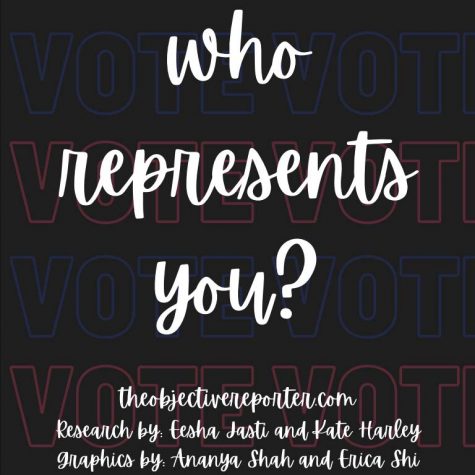2017 French Election
Cartoon of French Voter
June 5, 2017
The 2017 French election decided the future of France’s economy, immigration policies, and its presence in the European Union. On May 7, 2017, Emmanuel Macron won the election, defeating his main opponent, Marine Le Pen. Le Pen’s loss has been attributed to her far-right viewpoints, her controversial father and the National Front Party.
Many parallels can be drawn between the 2016 American presidential election and the 2017 French presidential election. Conservative voters were fearful of their nation’s relaxed immigration policies and faltering economy. Additionally, rural regions in France were more likely to vote for Le Pen, as they were more affected by the weakening economy. These factors and ideologies were strikingly similar to the American election as well as the United Kingdom’s referendum to leave the E.U. in June, 2016.
Marine’s father, Jean-Marie Le Pen, led the National Front Party, a highly conservative and protectoral organization until 2011 when his daughter gained leadership of the party. Marine Le Pen attempted to restructure the party and eliminate its association with racism and anti-Semitism, thereby appealing to a greater number of voters. In addition, a day after passing the first round of the French election, she resigned as leader of the National Front Party to officially sever any political ties with her father. Her nationalistic rhetoric and pledges of political isolationism harped on many of the same themes which propelled leaders like Donald Trump and Theresa May into power.
Emmanuel Macron, a more liberal candidate, offered to stay in the European Union, a position that attracted many urban, liberal voters. Nevertheless, Macron had never been in public office prior to this election and was previously an investment banker. Since his election as President, Macron filled the French government with many diverse members.










